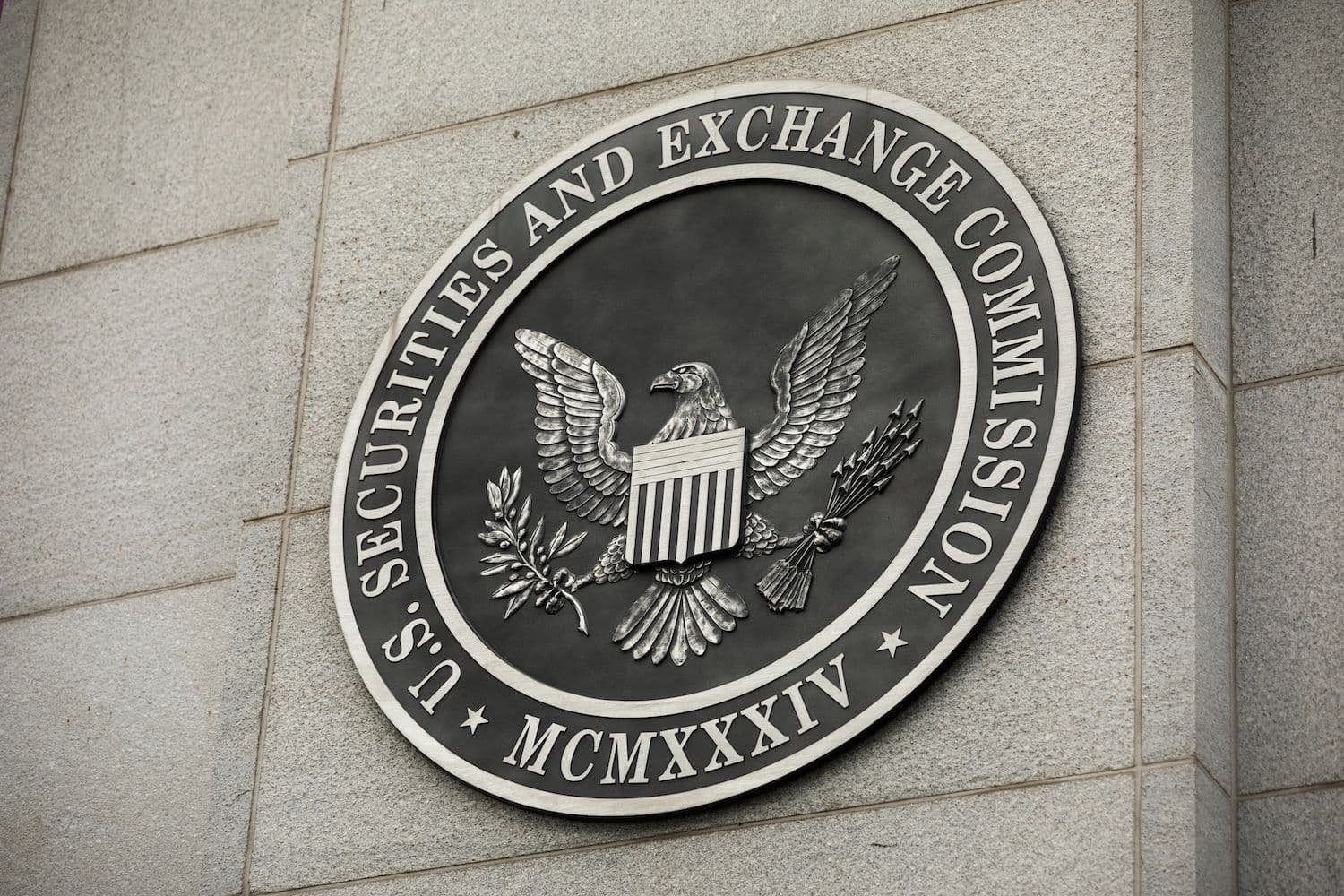The Securities and Exchange Commission announced Thursday a comprehensive regulatory overhaul targeting the cryptocurrency industry, marking a dramatic shift from previous enforcement-heavy policies under the Trump administration. The proposals include new rules governing digital asset sales and potential exemptions that could streamline crypto transactions for businesses and investors.
What to Know:
- The SEC plans to allow cryptocurrencies to trade on national exchanges and alternative trading systems
- New disclosure requirements aim to reduce compliance burdens while maintaining investor protections
- The agency dropped previous cases against major exchanges like Coinbase and Binance
Regulatory Framework Shift
SEC Chair Paul Atkins outlined the agency's modernization agenda during Thursday's announcement, emphasizing a departure from the previous administration's approach. The proposed rules would establish exemptions and safe harbors for certain crypto asset transactions. Trading volume could increase significantly if cryptocurrencies gain access to established national exchanges.
The regulatory pivot represents a stark contrast to policies under former Chair Gary Gensler, who faced criticism from industry participants for what they characterized as excessive enforcement actions.
Atkins described the initiative as reflecting "a new day at the Securities and Exchange Commission." The agency now prioritizes fostering innovation while maintaining investor protections, according to the chair's statement.
Alternative trading systems would also accommodate cryptocurrency transactions under the proposed framework. Market participants have long sought clearer guidelines for digital asset operations. The SEC's current approach focuses on facilitating capital formation rather than restricting market access.
Political Context and Industry Impact
President Trump positioned himself as a "crypto president" during his campaign, promising support for digital asset adoption. The Biden administration had pursued more stringent oversight of the cryptocurrency sector. Former SEC leadership initiated enforcement actions against major platforms, citing consumer protection concerns and anti-money laundering compliance issues.
The current SEC administration dropped these cases as part of its revised crypto agenda. Commissioners Paul Atkins, Mark Uyeda, and Hester Peirce now oversee the agency's digital asset policy development. Industry advocates had criticized previous regulatory uncertainty as hampering innovation and investment.
Trump's regulatory philosophy emphasizes reducing bureaucratic obstacles while maintaining necessary oversight. The cryptocurrency industry had faced significant legal challenges under the previous administration's enforcement-first approach.
Market participants expect the new policies to provide greater operational clarity.
Technical and Financial Implications
The SEC plans to "rationalize" disclosure requirements for crypto businesses, potentially reducing compliance costs while enhancing transparency. Companies would face clearer guidelines about required information sharing with investors and regulators. The proposals aim to create more informed marketplace conditions without imposing excessive reporting burdens.
Digital asset characteristics differ significantly from traditional securities, requiring specialized regulatory approaches.
Bitcoin and Ethereum markets could benefit from increased institutional participation through established trading venues. Alternative trading systems offer additional liquidity options for cryptocurrency transactions.
Market efficiency improvements could result from standardized trading protocols and enhanced price discovery mechanisms. The regulatory changes may attract institutional investors who previously avoided crypto markets due to compliance uncertainties. Enhanced investor protections remain a priority despite the more accommodating regulatory stance.
Closing Thoughts
The SEC's proposed cryptocurrency regulations represent a significant policy shift that could reshape digital asset markets. Industry participants await implementation details and final rule adoption, which may take several months to complete.



